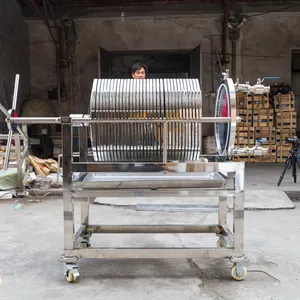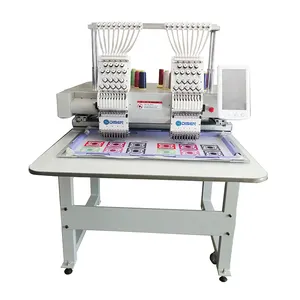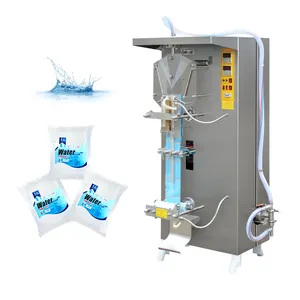Popular in your industry




























































































































































































































Top categories
About rice wine filter
Rice Wine Filtration Essentials
Filtration is a critical step in the production of rice wine, ensuring clarity and purity by removing unwanted impurities. A rice wine filter is designed to meet the specific needs of this delicate beverage, catering to its unique composition and filtration requirements.
Types of Rice Wine Filters
Diverse filtration solutions exist to address varying levels of impurities in rice wine. Microfiltration systems are adept at targeting larger particles, while ultrafiltration units are suitable for finer separation needs. The choice of a filtration system largely depends on the desired clarity and the characteristics of the rice wine being produced.
Applications and Features
The application of rice wine filtration extends beyond mere clarity, impacting flavor and stability. Features of these filters include robust construction to withstand the acidic environment of wine, and materials that are food-grade to prevent contamination. The design of a filter for rice wine often includes a large surface area to facilitate efficient processing without sacrificing quality.
Materials and Advantages
Materials used in rice wine filters range from stainless steel for its durability and resistance to corrosion, to various synthetic membranes that offer precision in filtration. The advantages of using a specialized wine filter include maintaining the integrity of the rice wine's flavor profile while ensuring a clear, market-ready product.
Selection Considerations
Selecting the right filtration equipment involves considering the scale of production, the specific impurities present in the brew, and the desired end characteristics of the rice wine. It is essential to choose a filter that can handle the volume of production without compromising on the quality of filtration.
Environmental and Efficiency Aspects
Modern filtration technologies not only enhance the quality of rice wine but also contribute to environmental sustainability by reducing waste. Efficiency is another key aspect, with filters designed to operate with minimal energy consumption while maximizing output.





































